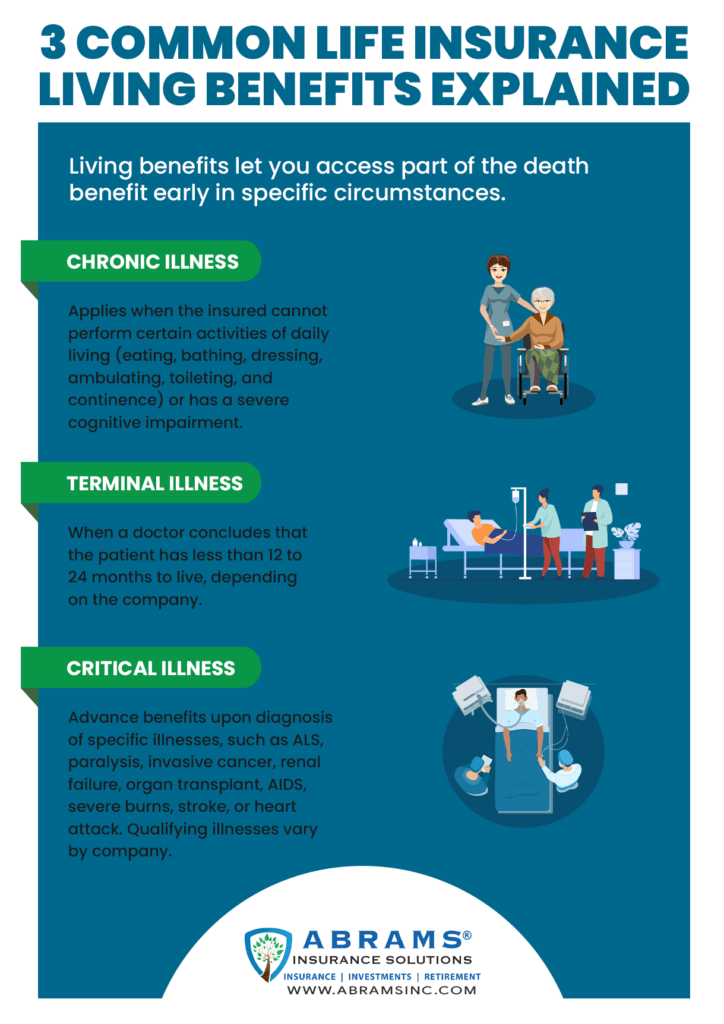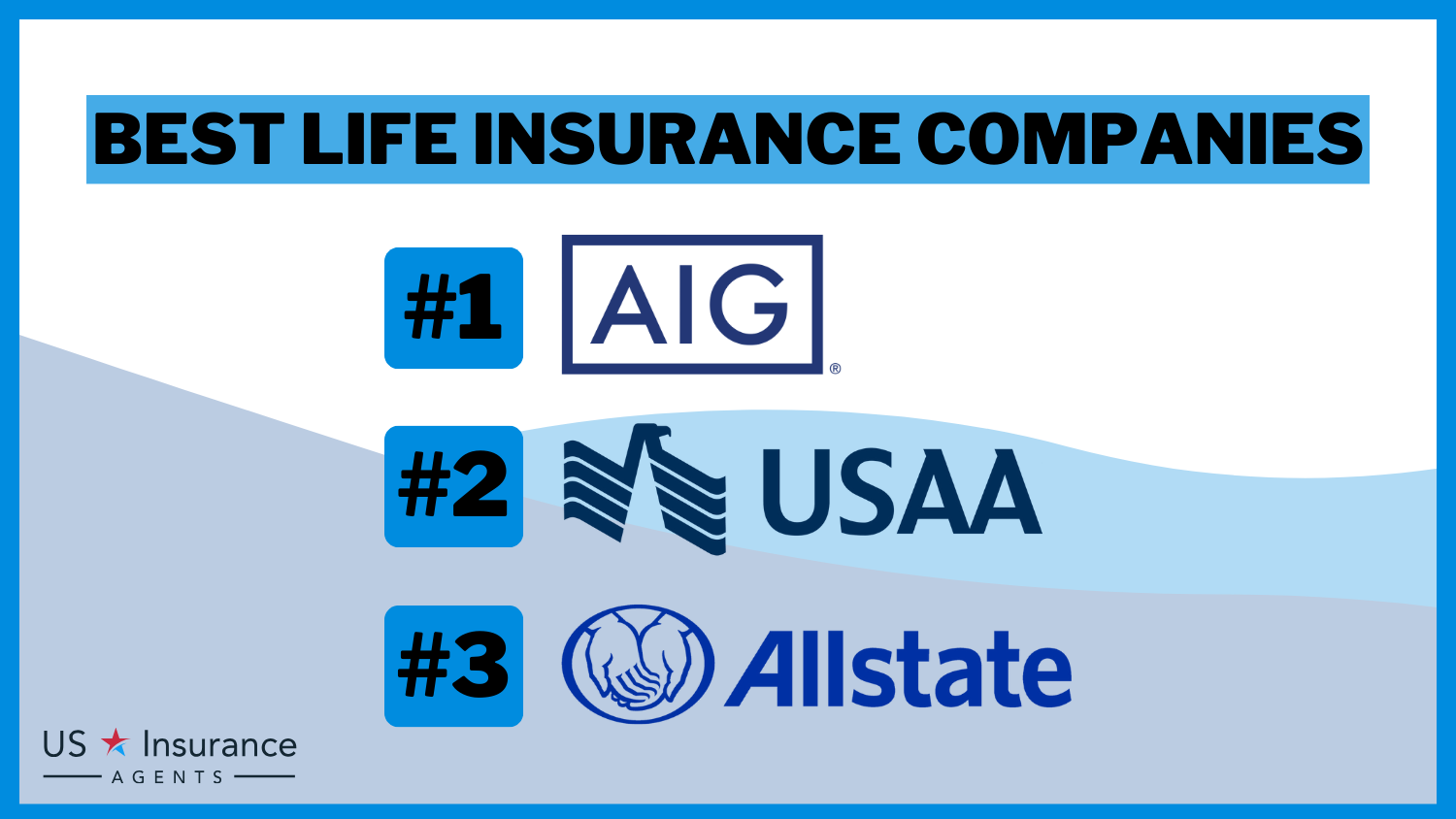Delayed Chest Pain After Car Accident
Delayed chest pain after a car accident is a common symptom, but it can be a sign of a serious injury. If you experience chest pain after a car accident, it is important to seek medical attention right away.
What Causes Delayed Chest Pain After a Car Accident?
There are several possible causes of delayed chest pain after a car accident. One common cause is a bruised or fractured rib. Ribs can be bruised or fractured in a car accident if they are hit by the steering wheel, dashboard, or another object. Bruised or fractured ribs can cause pain that may not be immediately apparent, but it can develop over time.
Another possible cause of delayed chest pain after a car accident is a lung injury. Lungs can be injured in a car accident if they are punctured by broken ribs or if they are compressed by the force of the impact. Lung injuries can cause pain, shortness of breath, and coughing.
In some cases, delayed chest pain after a car accident can be a sign of a more serious injury, such as a heart attack. A heart attack occurs when the blood supply to the heart is blocked. This can cause chest pain, shortness of breath, and other symptoms. If you experience chest pain after a car accident, it is important to seek medical attention right away to rule out a heart attack.
What Should I Do If I Experience Chest Pain After a Car Accident?
If you experience chest pain after a car accident, it is important to seek medical attention right away. Chest pain can be a sign of a serious injury, and it is important to get medical attention as soon as possible.
When you see a doctor, they will likely ask you about your symptoms and perform a physical examination. They may also order tests, such as an X-ray or CT scan, to help diagnose the cause of your chest pain.
Depending on the cause of your chest pain, your doctor may recommend treatment options such as pain medication, rest, or physical therapy. In some cases, surgery may be necessary to treat a more serious injury.
How Can I Prevent Delayed Chest Pain After a Car Accident?
There are several things you can do to help prevent delayed chest pain after a car accident.
- First, always wear your seatbelt when driving or riding in a car. Seatbelts help to keep you in place during an accident and can help to prevent injuries.
- Second, try to avoid driving in bad weather conditions. If you must drive in bad weather, slow down and be extra cautious.
- Third, be aware of your surroundings and other drivers. This will help you to avoid accidents and injuries.
If you are involved in a car accident, it is important to seek medical attention right away, even if you do not have any symptoms. Delayed chest pain can be a sign of a serious injury, and it is important to get medical attention as soon as possible.
Delayed Chest Pain After Car Accident: When to Seek Help
After a car accident, it’s normal to experience some pain and discomfort. But what if your chest pain doesn’t show up until hours or even days later? While it’s tempting to brush it off as a minor injury, delayed chest pain could be a sign of a more serious problem that needs immediate attention.
Causes
There are several potential causes of delayed chest pain after a car accident, including:
-
Rib Fractures
-
Internal Bleeding
-
Organ Damage
-
Muscle Strain or Sprain
-
Psychological Factors
Ribs are thin and fragile, and they can easily break in a car accident. Broken ribs can cause sharp, stabbing pain that worsens when you breathe, cough, or sneeze. While most rib fractures heal on their own, severe fractures may require medical treatment.
A car accident can cause internal bleeding in the chest cavity. This bleeding can put pressure on the lungs and heart, causing chest pain, shortness of breath, and lightheadedness. Internal bleeding is a medical emergency that requires immediate treatment.
A car accident can also damage organs in the chest, such as the lungs, heart, or esophagus. Organ damage can cause a variety of symptoms, including chest pain, shortness of breath, coughing up blood, and difficulty swallowing. Organ damage is a serious medical condition that requires prompt treatment.
A car accident can also cause muscle strain or sprain in the chest. This can cause pain, tenderness, and stiffness in the chest area. Muscle strains and sprains typically heal on their own, but they can be uncomfortable in the meantime.
In some cases, delayed chest pain after a car accident may be caused by psychological factors, such as anxiety, stress, or depression. These conditions can cause physical symptoms, including chest pain, shortness of breath, and dizziness. If you’re experiencing chest pain after a car accident and you’re not sure what’s causing it, it’s important to see a doctor to rule out any underlying medical conditions.
Delayed Chest Pain After Car Accident: What You Need to Know
If you’ve been in a car accident, it’s important to be aware of the potential for delayed chest pain. This is a condition that can develop hours, days, or even weeks after the initial trauma. While it’s not always serious, it can be a sign of a more severe injury.
Symptoms
The symptoms of delayed chest pain after a car accident can vary depending on the cause, but they may include:
- Pain that worsens with movement or breathing
- Shortness of breath
- Coughing
- Chest tightness
- Pain that radiates to the back, neck, or shoulders
- Nausea and vomiting
Causes
Delayed chest pain after a car accident can be caused by a variety of injuries, including:
- Broken ribs
- Bruised lungs
- Tears in the lining of the lungs
- Damage to the heart or great vessels
Diagnosis
If you experience delayed chest pain after a car accident, it’s important to see a doctor right away. The doctor will perform a physical exam and ask about your symptoms. They may also order tests such as a chest X-ray, CT scan, or MRI to determine the cause of your pain.
Treatment
The treatment for delayed chest pain after a car accident will depend on the cause. If the pain is caused by a broken rib, the doctor may recommend rest, pain medication, and physical therapy. If the pain is caused by a more serious injury, such as a bruised lung or a tear in the lining of the lungs, the doctor may recommend surgery.
Prevention
There is no sure way to prevent delayed chest pain after a car accident, but there are some things you can do to reduce your risk, including:
- Wearing a seatbelt
- Driving defensively
- Avoiding distractions while driving
Delayed Chest Pain after Car Accident
Car accidents are a leading cause of injuries, and some of them can have delayed symptoms. Chest pain is one of the most common delayed symptoms of a car accident, and it’s important to remember that even if you don’t feel pain right away, you should still see a doctor if you’ve been in an accident.
Diagnosis
If you experience delayed chest pain after a car accident, it’s important to seek medical attention as soon as possible. The doctor will perform a physical examination and may order imaging tests, such as an X-ray or CT scan, to diagnose the cause of the pain. In some cases, the doctor may also order an electrocardiogram (ECG) to check for any heart problems.
Causes
There are many possible causes of delayed chest pain after a car accident. Some of the most common causes include:
- Bruising or damage to the chest wall
- Internal bleeding
- Collapsed lung
- Heart problems
- Pneumonia
Treatment
The treatment for delayed chest pain after a car accident will depend on the cause of the pain. In some cases, the pain may go away on its own with rest and over-the-counter pain relievers. However, in other cases, more serious treatment may be necessary, such as surgery or antibiotics.
When to See a Doctor
It’s important to see a doctor if you experience delayed chest pain after a car accident, even if the pain is mild. This is especially important if you have any other symptoms, such as shortness of breath, dizziness, or lightheadedness. These symptoms could be a sign of a more serious medical condition, such as a heart attack or pulmonary embolism.
Delayed Chest Pain After Car Accident
If you’ve experienced a car accident, you may be dealing with delayed chest pain. This pain can range from mild to severe and may not appear until hours or even days after the accident. While delayed chest pain is not always a sign of a serious injury, it’s important to seek medical attention if you are experiencing it. Let’s dive into what could be causing your pain and what you can do to treat it.
Causes
Delayed chest pain can have various causes, some of which may include:
Muscle strain: The impact of a car accident can put a significant strain on your chest muscles, resulting in pain.
Rib fractures: Broken or cracked ribs can cause severe pain that may worsen with movement.
Internal bleeding: Trauma from the accident may lead to internal bleeding, which can put pressure on the chest and cause pain.
Lung injury: The force of the impact can damage your lungs, leading to pain and difficulty breathing.
Heart problems: In rare cases, chest pain after a car accident can indicate a heart problem such as a heart attack.
Symptoms
Along with chest pain, you may experience other symptoms:
– Shortness of breath
– Bruising or swelling on your chest
– Pain that worsens with coughing or deep breathing
– Difficulty sleeping due to pain
Treatment
Treatment for delayed chest pain after a car accident will depend on the underlying cause. Here are some common treatments:
– Medications: Pain relievers, such as ibuprofen or acetaminophen, can help reduce pain and inflammation.
– Physical therapy: Exercises prescribed by a physical therapist can help strengthen the chest muscles and improve mobility.
– Surgery: In severe cases, such as fractured ribs or internal bleeding, surgery may be necessary to repair the damage.
– Rest: Getting enough rest can give your body time to heal.
When to Seek Medical Attention
If you are experiencing delayed chest pain after a car accident, it’s important to seek medical attention, especially if:
– The pain is severe or does not improve with rest.
– You have difficulty breathing.
– You have other symptoms, such as bruising, swelling, or shortness of breath.
– The pain worsens over time.
Conclusion
Delayed chest pain after a car accident can be a concerning issue, but with proper diagnosis and treatment, it can be managed. Remember, seeking medical attention promptly is crucial to ensure the best possible outcome.
Delayed Chest Pain After Car Accident: A Guide to Understanding and Seeking Help
If you’ve recently been involved in a car accident, you may be experiencing a variety of symptoms, including chest pain. While many people associate chest pain with immediate injuries, it’s important to be aware that it can also develop later.
Delayed chest pain after a car accident can be a sign of a serious underlying condition, and it’s crucial to seek medical attention as soon as possible. In this article, we’ll explore what causes delayed chest pain, its potential complications, and what you can do to prevent it.
Causes of Delayed Chest Pain After Car Accident
Delayed chest pain can occur due to several reasons, each requiring prompt evaluation. One common cause is a rib fracture. The force of a car accident can fracture or bruise your ribs, which can take days to manifest as pain.
In some cases, chest pain can also be a sign of a more severe injury, such as a lung contusion. This occurs when the lungs are bruised or damaged, causing inflammation and pain. Another possible cause is a heart contusion, which can occur if the chest wall is hit hard enough to bruise the heart.
Signs and Symptoms of Delayed Chest Pain
Delayed chest pain typically develops within a few days or even weeks after a car accident. The pain may be located in the center of your chest, on one side, or across your entire chest. It may be sharp, dull, or aching, and it may worsen when you breathe, cough, or lie down.
Other symptoms that may accompany delayed chest pain include:
- Shortness of breath
- Difficulty breathing
- Cough
- Dizziness or lightheadedness
- Rapid heart rate
- Chest wall tenderness
Potential Complications of Delayed Chest Pain
Delayed chest pain can lead to serious complications if left untreated. A rib fracture, for example, can lead to a collapsed lung if not properly managed. If the lung is bruised, it can develop an infection or lead to pneumonia.
A heart contusion can cause arrhythmias (irregular heartbeats), heart failure, or even cardiac arrest. Therefore, it’s crucial to seek medical attention promptly if you experience delayed chest pain after a car accident.
Prevention
While there are no guaranteed ways to prevent delayed chest pain, certain measures can minimize your risk:
- Wear a seatbelt: Seatbelts significantly reduce the risk of serious injuries in a car accident, including those that can lead to delayed chest pain.
- Adjust your seat: Proper seat adjustment ensures optimal positioning in a collision, offering better protection for your chest and ribs.
- Maintain a safe driving record: Practice defensive driving techniques to minimize the likelihood of being involved in an accident.
- Take breaks during long drives: Fatigue can impair judgment and reaction time, increasing the risk of accidents.
Seeking Medical Attention
If you experience delayed chest pain after a car accident, it’s imperative to seek medical attention promptly. Delaying treatment can increase the risk of complications and further injury.
Your doctor will conduct a physical examination and ask about your symptoms. They may also order imaging tests, such as an X-ray or CT scan, to determine the cause of your pain.
Depending on the severity of your injury, treatment may involve pain medication, antibiotics, oxygen therapy, or surgery.




Leave a Reply